Faith-based and pro-environment groups have convened a forum on “loss and damage” issues to reflect on the lessons and progress, a decade after Super Typhoon Haiyan.
Representatives from at least 20 national and local organizations gathered in Tacloban City in Leyte province on November 9, following the 10th anniversary commemoration of the deadly typhoon.
John Leo Algo, national coordinator of Aksyon Klima Pilipinas, said it is “an opportune moment for Filipinos to ponder the lessons gleaned from the catastrophe, the ongoing challenges confronting communities in the age of the climate emergency, and the necessary actions to prevent or reduce loss and damage (L&D) on both national and local fronts.”
The Paris Climate Conference inscribed L&D as a permanent feature of the global climate regime. By definition, it is the residual cost of climate change that cannot be avoided through mitigation and adaptation.
L&D refers to the post-disaster impacts on lives, living quality, assets, and property – all due to anthropogenic climate change.
Debates on L&D have been contentious within the international climate negotiations because of questions of fairness and equity, and proving historical responsibility for climate change, in paying for the losses and damages associated with climate change.
“Developing countries have called for compensation from developed countries, while developed countries have sought instead to treat losses and damage as a sub-component of adaptation within the United Nations Framework Conventions on Climate Change (UNFCCC) negotiations,” he said.
In the Philippines, the call for L&D “is facing great challenges because of the shrinking civic and democratic spaces,” according to Patricia Mungcal of the National Council of Churches in the Philippines.
Naderev Saño, executive director of Greenpeace Southeast Asia, lambasted some government officials and agencies for “creating conditions that will further exacerbate the impacts” of climate change rather than building social structures to help vulnerable communities.
Bishop Jose Colin Bagaforo, president of Caritas Philippines, underscored “the need for corporations and government agencies responsible for environmental degradation to be held accountable.”
“We must demand transparency, responsibility, and restitution from these corporations, as their extractive and destructive activities have caused immeasurable harm to the environment, depriving communities of their livelihoods and exacerbating the impacts of natural disasters,” said the prelate.
The bishop of Kidapawan introduced a “multi-faceted approach,” which he said the country must take to realize loss and damage claims for these affected communities.
He said advocacy for change involves lobbying for stricter environmental regulations and corporate accountability, emphasizing systemic shifts in policy implementation.
“Simultaneously, raising public awareness about the link between corporate actions, environmental harm, and community suffering is crucial for garnering support for transformative change,” he added.
The prelate emphasized the need to mobilize grassroots movements that “strengthens local communities, empowering them to voice concerns and take collective action”.
He also emphasized collaboration with legal and environmental organizations that offer avenues for pursuing reparations through legal means.
“Seek support from international bodies and organizations to pressure corporations and governments to fulfill their obligations to impacted communities,” he said.

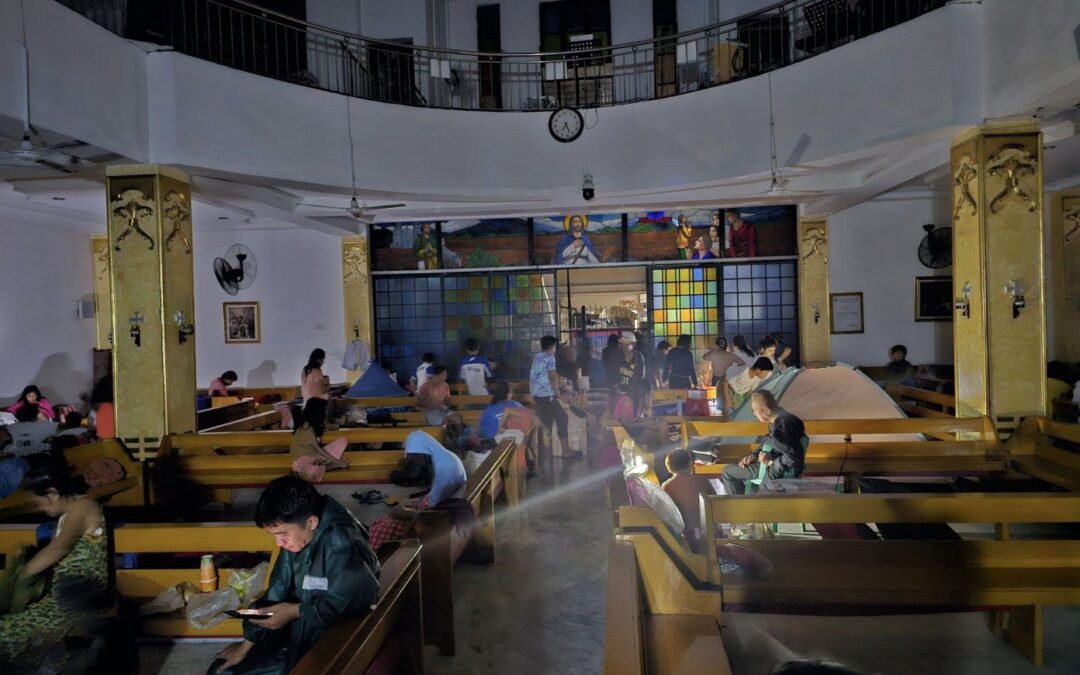
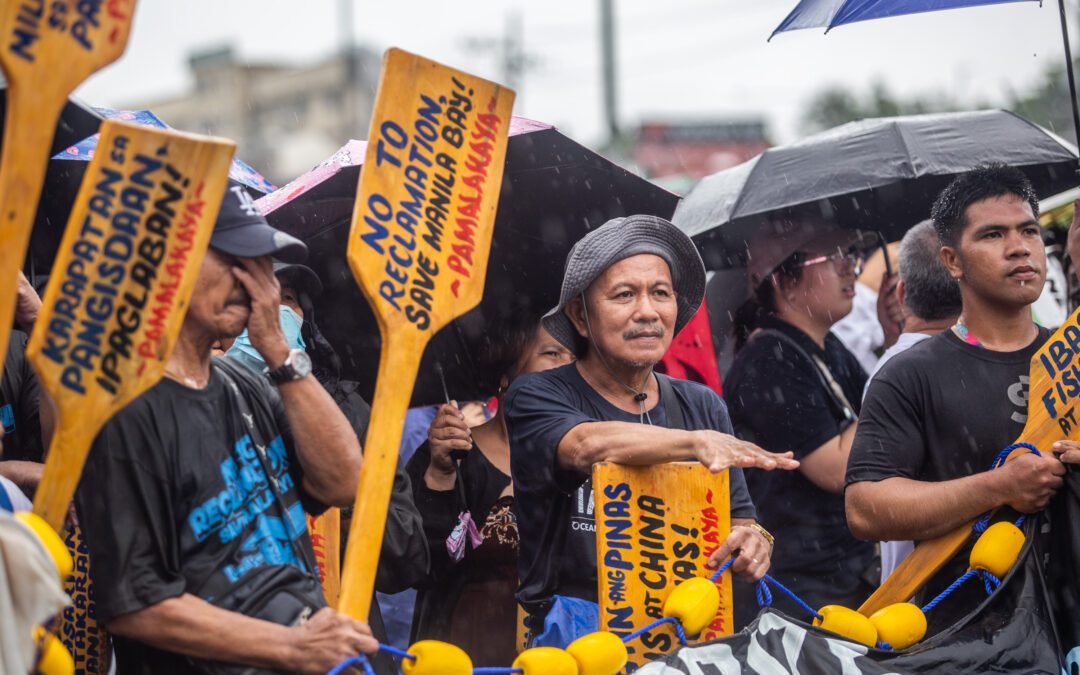
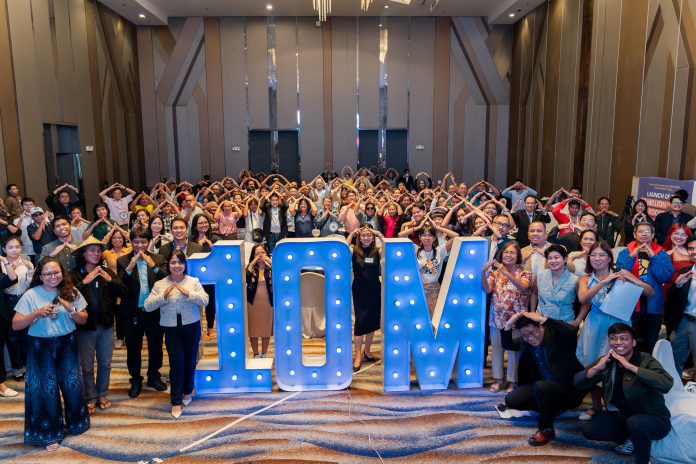
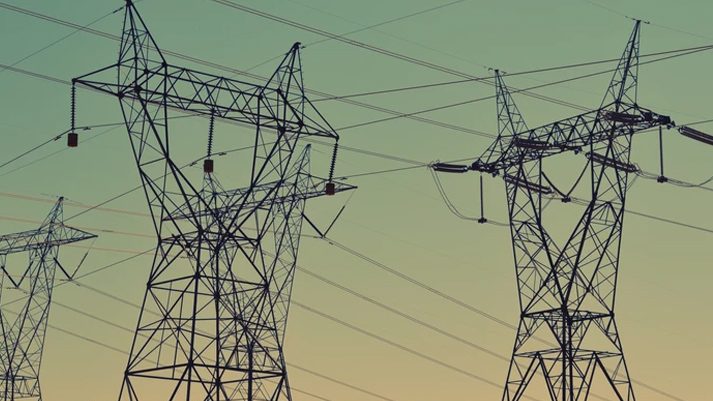
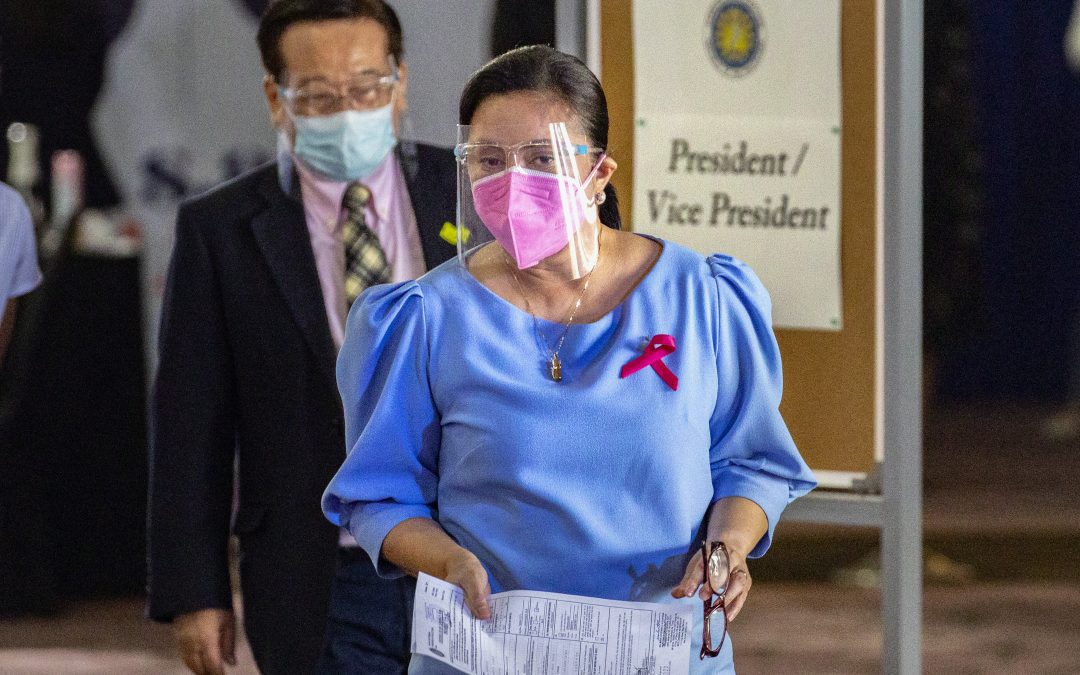
0 Comments